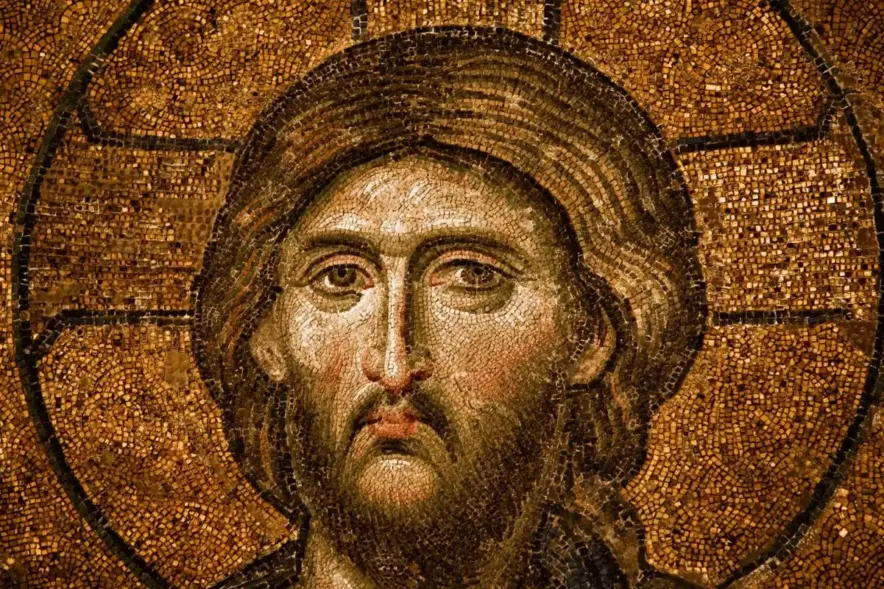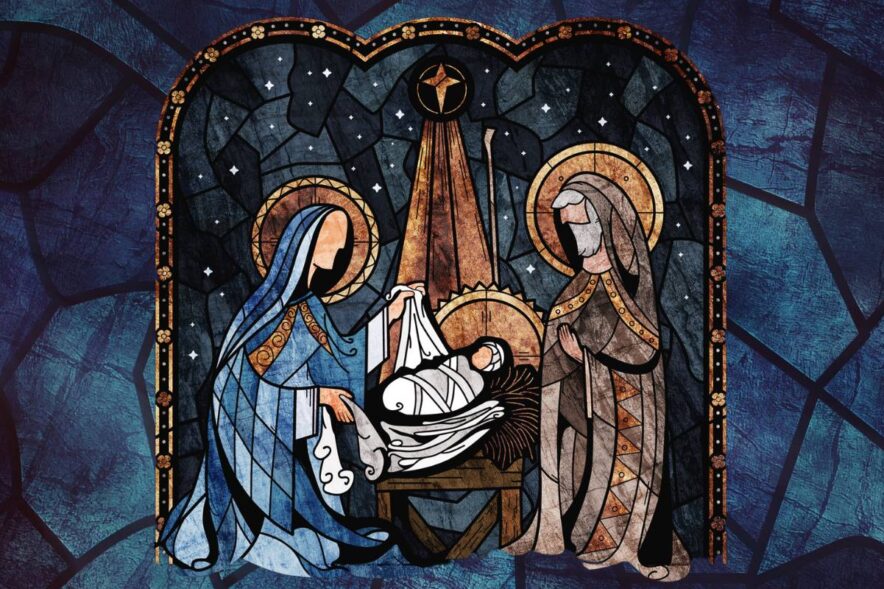Historical Christianity: The Creeds – Part 2 There is no real argument from scholars that the man known as...
Tag: jesus christ
Showed 1 to 9 posts out of 19 total under "Tag: jesus christ" category.
“And now, what are you waiting for? Get up, be baptised, and wash your sins away, calling on his...
Christmas is a unique time of year. Traditionally, it’s seen as a season of joy, hope, celebration, and family—a...
“You can develop a healthy, robust community that lives right with God and enjoy its results only if you...
New Testament holiness is a joyous privilege, not a heavy burden and duty.
Derived from the Latin word fidēlis, fidelity is the quality of being faithful, loyal, accurate, or true. And it's...
(Not a reader? Take a listen instead ⇓) The sovereignty and rule of God has always existed and will...
God is all about new beginnings. We see the story of humanity starting out in Genesis with a new...
It seems to me that it has become increasingly difficult to speak into many issues or situations that the...








